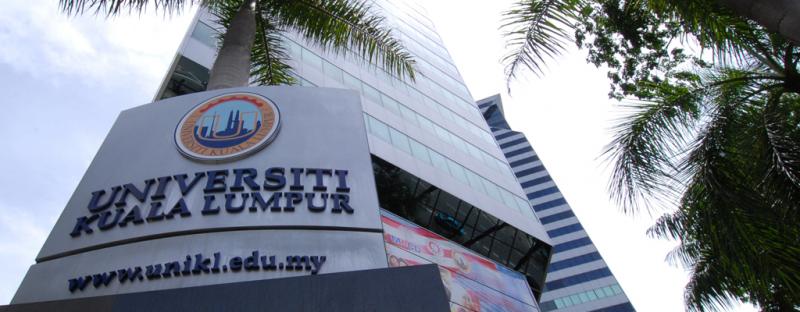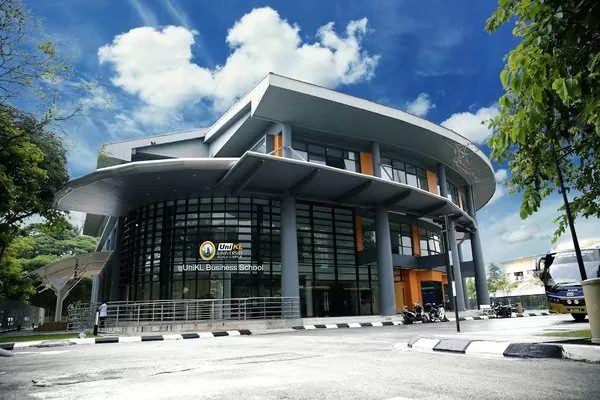Overview
Areas of Research
- Aircraft Maintenance
- Aerospace Engineering
- Aviation Management
- Aero Ergonomics
- Nanotechnology
- Unmanned Aerial Vehicles
- Satellite Communication & Avionics System Integration
- Engineering and Management Risk and Airworthiness
- Aero Manufacturing
- Aircraft Structures
- Avionics
- Renewable Energy
- Aero Composites
- Fire Protection
- Triboelectric Na
Programme Educational Objectives (PEOs)
- PEO 1Knowledgeable, competent, and innovative in aerospaceindustry.
- PEO 2 Effective leaders with teamwork and interpersonal communication skills in leading and engaging multidisciplinary teams in solving aerospace problems.
- PEO 3Capable of using analytical and creative problem-solvingskills to make decisions based on research evidence and/or experience;
- PEO 4 Committed towards the importance of lifelong learning and continuous improvement in aerospace with embark on technopreneurial opportunities.
- PEO 5 Integrated with ethical, social and professional responsibilities in aerospace.
- PEO 6 Able to utilise aerospace knowledge, skills, and disseminati
Programme Learning Outcomes (PLOs)
- PLO 1 Demonstrate knowledge and contribute to original research that broadens the frontier of knowledge in aerospace engineering technology
- PLO 2 Critically and creatively apply knowledge in aerospace engineering technology fields to resolve complex disciplinary and practical problems.
- PLO 3 Conduct rigorous and independent research or investigation with minimal supervision
- PLO 4 Perform research adhering to legal, ethical, professional and sustainable practice
- PLO 5 Demonstrate intellectual leadership qualities and management skill in aerospace engineering technology field and working effectively with peers and stakeholders
- PLO 6 Communicate cogently in the aerospace engineering technology field and interact with specialist and general audience
- PLO 7 Select and utilise suitable digital and analytical techniques to the aerospace engineering technology research problems
- PLO 8 Demonstrate commitment to lifelong learning, personal development in aerospace engineering technology and entrepeneurial activities.
Career Path
- Research and development engineer
- Academician
- Researcher
- Consultant
Subject
- Research Methodology
- Innovation Technology and Entrepreneurship
Fees/Entry Requirement
Tuition Fees
Malaysian Students:
Full Time: RM1,880.00 per semester
Part Time: RM1,250.00 per semester
International Students
2,500.00 per semester
Entry Requirement
- Bachelor’s degree in a related field with minimum CGPA of 2.75 from local or any other institutions of higher learning as approved by the Senate of UniKL; or
- Bachelor’s degree or equivalent in related field with a CGPA between 2.50 to 2.75 is acceptable for admission depends on rigorous internal assessment
(for UniKL, the internal assessment is at least 2 years working experience in a related field). Or - Bachelor’s degree or equivalent with CGPA less than 2.50, with at least 5 years relevant working experience is acceptable for admission.
- English language proficiency level ofeither a minimum of IELTSBand 5.0 or TOEFL 500 (for International students).
Any changes to the above as approved by the Senate of UniKL
Scholarship
Limited number of Yayasan UniKL – Tengku Abdullah Scholarship Scheme (YU-TASS) is awarded to registered UniKL students every year. The competition is high as students must pass an interview that is held twice a year. A good publication records increases student’s chances in obtaining the scholarship. We highly recommend that students look for other sources of funding if their YU-TASS scholarships applications were unsuccessful.
| STUDENT | ACADEMIC REQUIREMENT | BENEFITS | AGE |
| Master | Bachelor Degree with minimum CGPA of 3.00 or above | Monthly Allowance (RM2200.00) | Not more than 40 years |














